Understanding AI Programming Languages: A Comprehensive Guide
The world of artificial intelligence (AI) is booming, with applications rapidly infiltrating every facet of our lives. As developers clamor to build the next generation of intelligent systems, choosing the right AI programming language becomes paramount. This guide aims to be your roadmap through the intricate terrain of AI languages, equipping you with the knowledge to navigate this exciting and ever-evolving landscape.
Demystifying the AI Language Landscape:
Imagine AI programming languages as the tools that translate your abstract ideas into tangible code, enabling you to build intelligent algorithms, train robust models, and unlock the full potential of AI across diverse domains. Selecting the right language is akin to choosing the perfect brush for an artist; it influences the efficiency of your development process, the performance of your models, and ultimately, the success of your project.
Popular Powerhouses:
Within the AI ecosystem, several languages have cemented their status as dominant forces. Python, with its extensive library ecosystem encompassing TensorFlow and PyTorch, reigns supreme. Its approachable syntax and versatility make it ideal for beginners and seasoned developers alike.
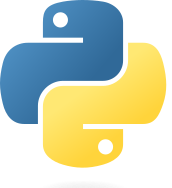
Java, renowned for its robust nature and cross-platform compatibility, shines in large-scale AI projects and machine learning applications. Its vast community and plethora of resources contribute further to its popularity.
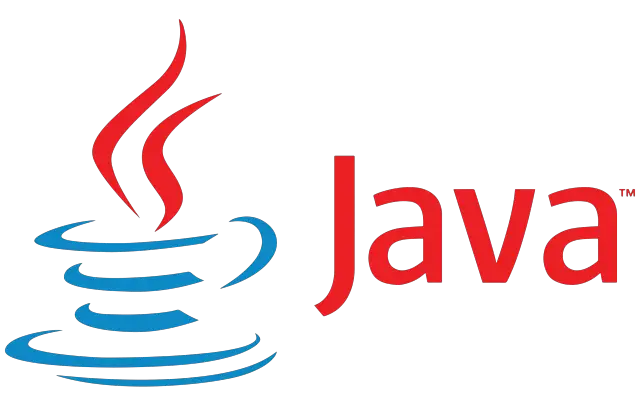
Statistical Savvy:
R, a language specifically designed for data analysis, plays an indispensable role in the AI pipeline. Its powerful statistical capabilities make it invaluable for data preprocessing, model training, and generating insightful visualizations.

Lisp, a pioneer in the AI field, holds historical significance and continues to find applications in symbolic computation and specialized domains like Natural Language Processing (NLP).

Emerging Stars:
While established languages continue to hold their ground, new contenders are rising to the challenge. Julia, with its blazing-fast speed and focus on numerical computing, is gaining traction in scientific AI projects.

Swift, seamlessly integrated with TensorFlow, empowers developers to build AI-powered iOS apps with ease.
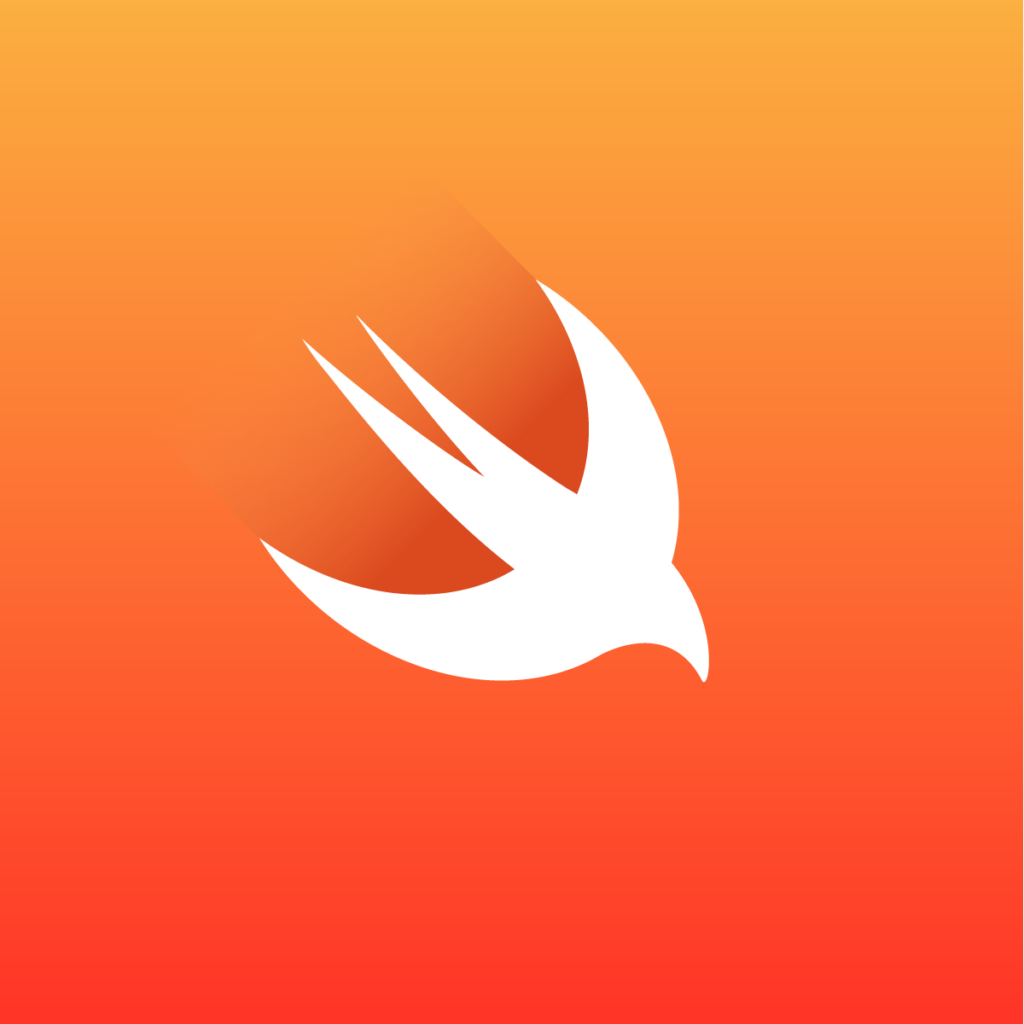
Kotlin, the language of choice for Android development, simplifies adding AI features to popular mobile applications.
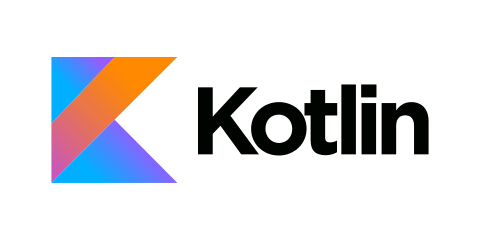
Domain-Specific Expertise:
Beyond the general-purpose languages, several excel in specific niche areas within the broader AI spectrum. Prolog, with its emphasis on rule-based systems, finds application in expert systems and logic programming.

SQL, the ubiquitous language of databases, plays a crucial role in extracting valuable insights for AI models.
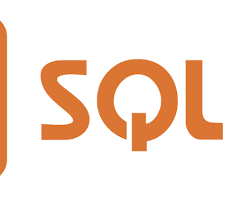
Wolfram Language, with its powerful symbolic computation capabilities, finds applications in areas like natural language processing and knowledge representation.

Finding Your Perfect Match:
Choosing the right AI programming language for your project is a unique and delicate process. Consider the specific requirements of your project, the available community support, and the resources at your disposal. Carefully evaluating case studies of successful projects can offer valuable insights into aligning language choices with project goals. Conversely, analyzing instances of mismatched language selection can serve as cautionary tales.
Challenges and the Road Ahead:
While AI languages continue to evolve at an unprecedented pace, challenges remain. Scalability, performance optimization, and seamless integration across different platforms are ongoing concerns. Additionally, ethical considerations surrounding bias and interpretability demand careful attention.
Future Visions:
The future of AI languages promises exciting developments. Quantum computing, with its unprecedented processing power, holds the potential to revolutionize AI development. Additionally, specialized languages are emerging to address the unique challenges and opportunities presented by specific AI subfields.
Embracing the AI Language Journey:
Choosing an AI programming language is a critical decision that shapes the trajectory of your project. By understanding the strengths and limitations of different languages, staying abreast of emerging trends, and carefully evaluating your specific needs, you can confidently navigate the ever-expanding landscape of AI programming. Remember, the journey into the world of AI is an exciting one, so embrace the process of exploration and discovery, and unlock the potential to shape the future of intelligence!


